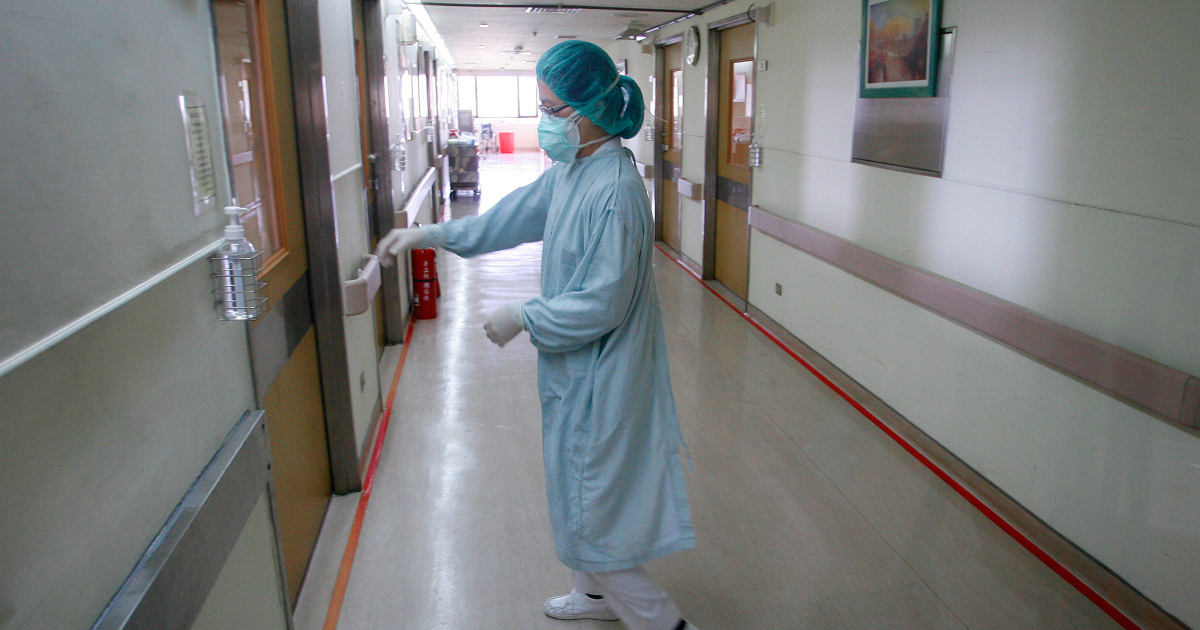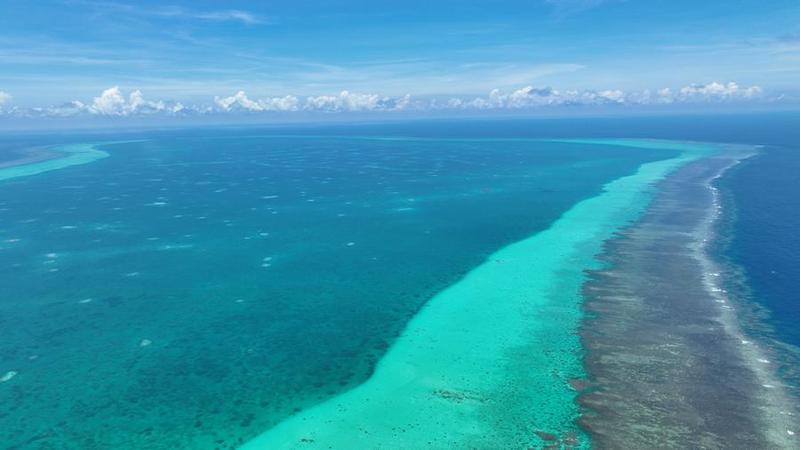Taiwan blames China for latest WHO meeting snub
Tensions rise as Taiwan is excluded from taking part in the annual World Health Organization gathering.
Taiwan has hit out at China over its continued exclusion from a crucial annual gathering of World Health Organization members this week focused on averting the next coronavirus pandemic catastrophe.
On the first day of the 74th World Health Assembly (WHA), the United Nations health agency’s 194 member states decided once again not to even discuss whether or not Taiwan should be allowed to participate.
This year’s assembly will arguably be one of the most important in the WHO’s history amid calls to revamp the organisation and the entire global approach to health in the wake of the coronavirus pandemic.
But Taiwan – which had one of the world’s best pandemic responses – remains locked out for the fifth consecutive year.
That is because China, which views the self-governed democracy as part of its own territory, has waged an increasingly assertive campaign to keep Taipei isolated on the world stage.
Taiwan continued to plead Monday for access to the assembly, with foreign minister Joseph Wu urging the WHO to “maintain a professional and neutral stance, reject China’s political interference” and allow Taiwan’s participation.
But the WHO’s main decision-making body decided against discussing the matter.
More than a dozen mainly small island states had proposed including discussion of whether or not to invite Taiwan to participate as an observer on the WHA agenda.
But a committee advised against doing so and the countries agreed to follow it without a vote.
Several Taiwan supporters spoke up, with a representative from Nauru warning that “Taiwan’s exclusion contradicts the fundamental principles and objectives” of WHO.
“The political pressure … from one country should not legitimise the continued exclusion of Taiwan.”
Chen Xu, China’s ambassador to the UN in Geneva, meanwhile slammed attempts to include Taiwan, and called on countries “to stop politicising health issues and using the Taiwan issue to interfere in China’s internal affairs”.
Beijing’s block on Taipei attending the WHA as an observer began after the 2016 election of Taiwan’s President Tsai Ing-wen, who has refused to acknowledge the island is part of “one China”.
But the coronavirus pandemic crystallised support for Taiwan’s 23 million inhabitants, especially in the early days of the crisis when it defeated its own outbreak and then began supplying protective equipment around the world.
Rising cases
Taiwan has been hailed as an example in combating the pandemic although clusters in recent weeks have seen infections more than treble to 4,917 cases.
The island has recorded 29 deaths so far.
Health minister Chen Shih-chung said the recent “escalation” of cases showed Taiwan “cannot remain on the sidelines and there should not be a gap in global disease prevention”.
“The WHO should serve the health and welfare of all humanity and not capitulate to the political interests of a certain member,” Chen said in a statement.
International support for Taiwan has been stronger this year, including a communique issued by G7 foreign ministers that backed Taiwan’s “meaningful participation in WHO and the WHA”.
China on Monday said it offered to help Taiwan secure urgently needed COVID-19 shots, drawing a rebuke from Taipei which accused Beijing of failing to provide its vaccine and obstructing the island’s acquisition of new shots.
“Every time Taiwan’s internal epidemic heats up, it (China) criticises our government for obstructing the import of mainland vaccines,” Taiwan’s mainland affairs council said in a statement sent to Reuters news agency.
“The other side knows what obstacles Taiwan is facing to obtain vaccines – everyone knows it. There’s no point in saying any more.”
Taiwan’s Central Epidemic Command Centre (CECC) on Monday also blamed “external forces” for a flood of online disinformation during the latest cluster, such as reports of hospitals dumping bodies in rivers and mass cremations.
While officials did not name China, they said much of the disinformation going viral was written in the simplified Chinese used on the mainland, not the traditional characters used in Taiwan.
“Spreading disinformation is a very serious matter, it interferes with our country’s anti-pandemic measures and responses while causing unnecessary panic among the public,” CECC deputy chief Chen Tsung-yen said.












